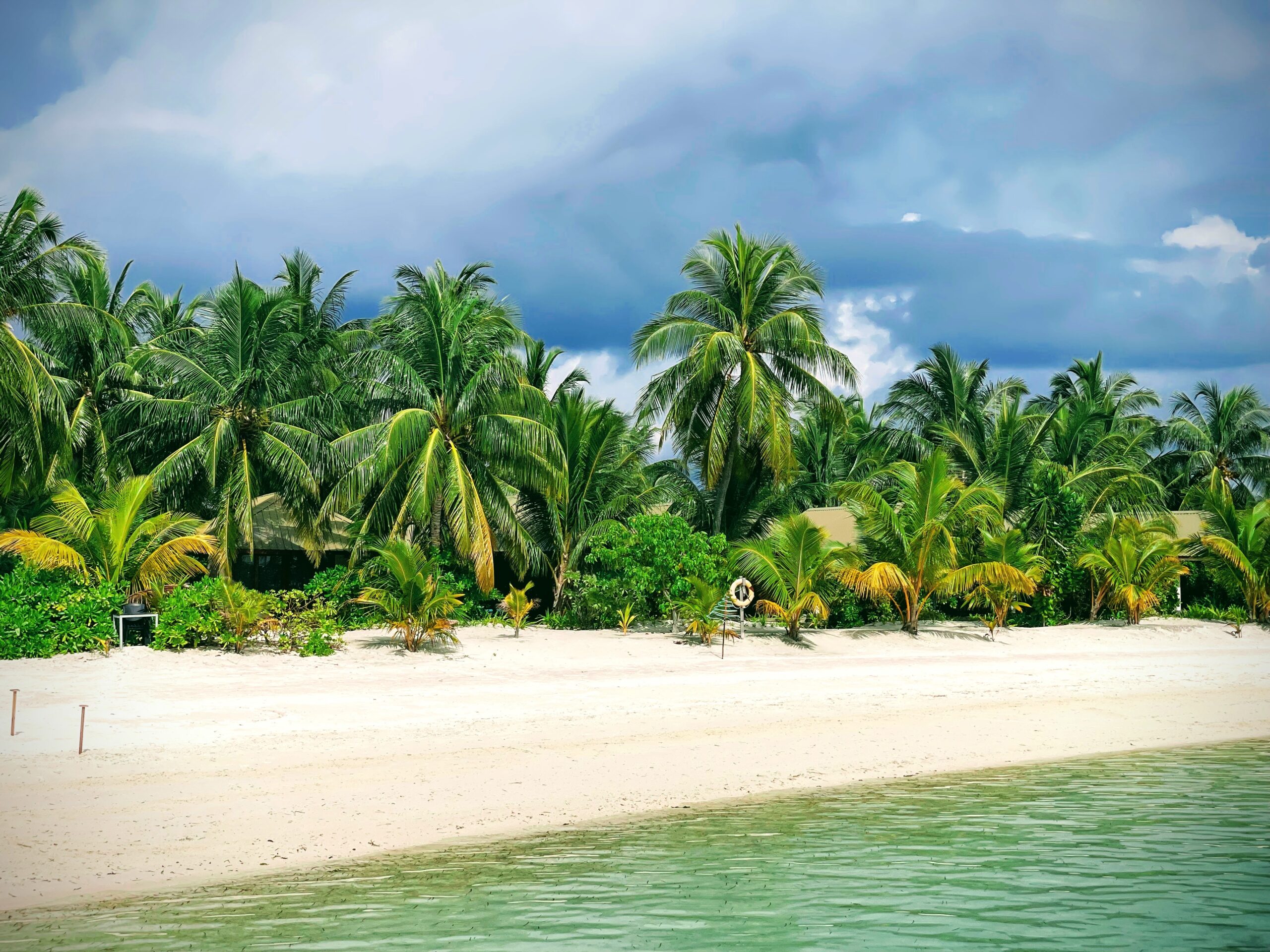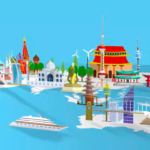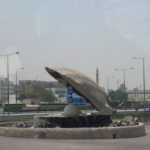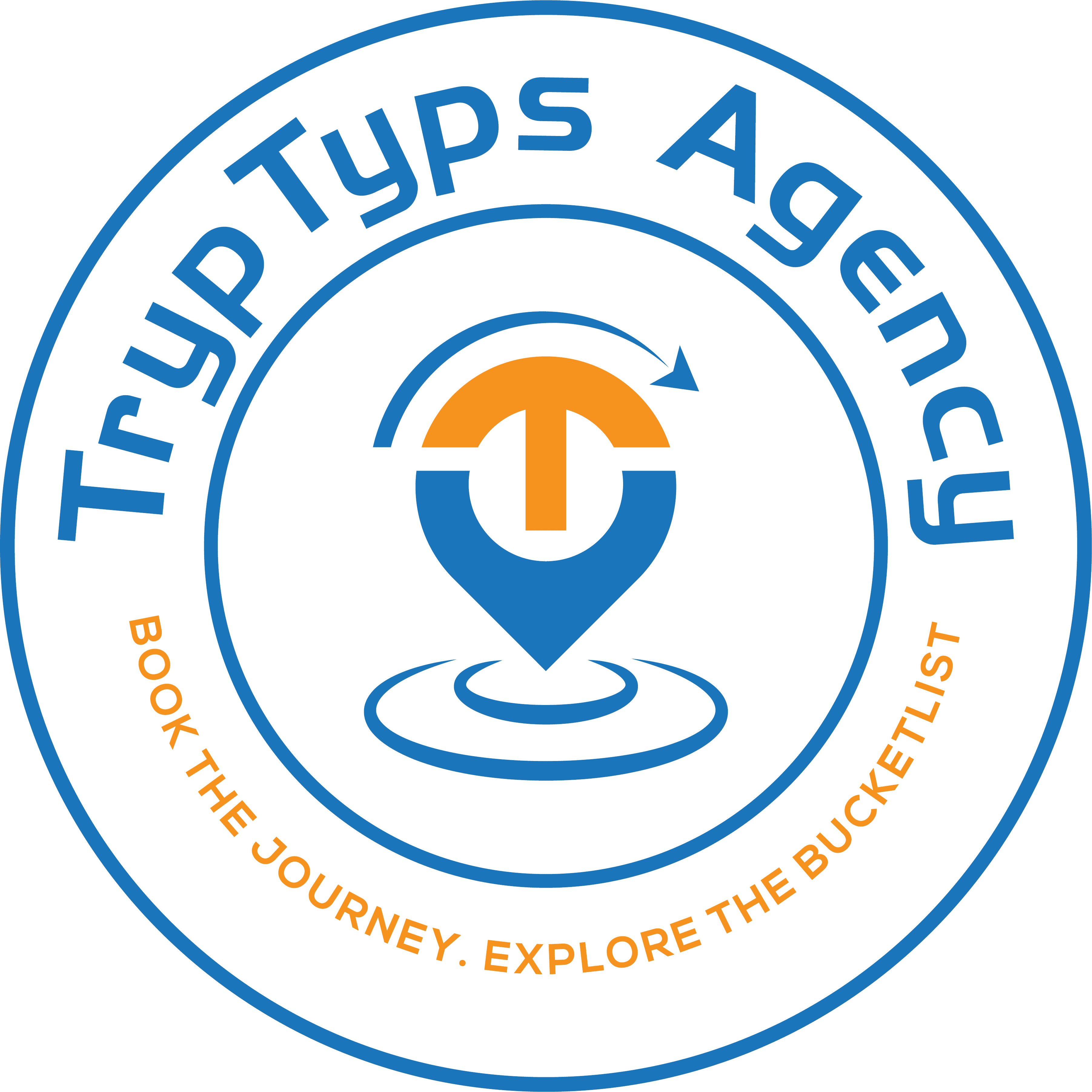The Making of A Prolific Traveler: Visit to Ghana
Akwaba (Welcome)!
According to Viator Ghana is the land of Kwame Nkrumah, the father of Ghana’s independence and a co-founder of the Organization of African Unity; the country where the great pan-Africanist Dr W. E. B. DuBois spent his final years. This is the land where Ashanti Kings still hold court and mediate disputes in time-honored traditions passed down through generations. The land that has preserved more slave dungeons used in the transatlantic slave trade than any other country on the continent. Ghana was the first sub-Saharan African country to gain its independence from Europeans and is today a thriving democracy, yet its traditions, customs and culture are almost undiluted. In August 2019, exactly 400 years after the arrival of the first recorded landing of a slave ship, hundreds of descendants of former enslaved Africans made a triumphant return to the land of their Ancestry; In what was known as the 2019 Year of Return.
Ghana is an inviting country and culture that presents open arms to tourist from all walks of life. Trend of Ghanaian tourism focuses on reconnecting people of African descent in the diaspora with their roots as well as the opportunity to experience African Royalty Heritage.
Ghana is my birth country, and as a little girl growing up in Ghana, I took the beauty of my heritage and culture for guarantee. In a sense, I had to leave in order to appreciate the wonders of Ghana. Below are a few of my favorite bucketlist in Ghana. I haven’t checked all of them off, not because it will be difficult to in one visit. I enjoy the process of experiencing each bucketlist in depth.
Volta Region, Eastern Attractions
Mount Afadja is about 3000 feet above sea level and located in the Volta Region; the highest mountain in Ghana. This is hiker-friendly environment; it takes about 2 hours to reach the summit. At the summit take in the panoramic view of your surrounds. After take a swim in the highest waterfalls in West Africa, Wli Waterfalls. For those wanting to embrace nature, setup overnight camps in this area. Next, take a canoe ride on the largest man-made lake in the world based on surface area, Lake Volta. Continue on with your nature tour by visiting Tafi Atome Monkey Sanctuary. Here you get to see the monkeys and feed them.
Wildlife Safari
The best wildlife/national park attractions in Ghana is Mole National Park, in the Northern Region of Tamale. Home to more than 800 elephants. The best way to get there from Accra (Capital), is via a plane. If you booked a tour, your guide will meet/greet you at the airport. Wildlife sighting via vehicle includes but not limited to the African Bush Elephant, Roan Antelope, Lions, Leopard, African Buffalo, Aardvark, Common Warthog, Bushbuck, Waterbuck, Kob, Olive Baboon, Patas Monkey, Vervet Monkey, Blotched Genet, Hartebeest, Hyena and Red-flanked Duiker. Exploring the jungle on foot in search of majestic elephants in their natural habitats. Explore Mole National Park on a canoe ride in search of more wildlife. After, head north past Mole Park to Wechiau Sanctuary, home to hippos, bats, chameleons, hedgehogs, and other wildlife on the Black Volta River.
The African Missing Link Cultural Tour
For those interested in understanding and exploring the rich culture and heritage of Ghana, take a tour from Accra to Cape Coast. This 3 hour ride, is one of the most powerful and emotional tours one can take. On this journey you learn about Ghana’s slave history. Your experience down memory lane takes you to Cape Coast Castle, an European built fortress constructed in 1653 which served as the slavery trading post for European nations and the British colonial administration headquarters for the Gold Coast Colony. This castle has since been designated as a UNESCO World Heritage Site. Next visit St. George Castle, famously known as Elmina Castle. This is also the oldest European structure in sub-Sahara Africa. Elmina Castle was constructed in Portuguese in 1482 and later taking over by the Dutch in 1637. Here, you have the opportunity to physically experience what African slaves felt as they prepared for a journey through the “gate of no return” bound for unknown lands across the ocean.
Accra, Capital City
A trip to Ghana will be incomplete without a tour of the capital city of Ghana. Visit the National Museum; which uses art, archaeology and ethnography to tell the story of Ghana’s cultural history. Visit W.E.B. Dubois Centre to explore Pan African Culture. Go off the beaten path to visit the fishing town of James Town to see the lighthouse. From the top, you get a panoramic view of your surroundings. As a coastal town, James Town played a key role during the slave trade era. Visit Fort Ussher, to learn more about slave trades. For those looking to sharpen their negotiation skills, head over to Makola Market, where you can find all sorts of goods. From fresh fruits, to live animals, to street food, to local fabrics.
Travel Tips
There are only two seasons in Ghana, like most tropical countries, dry and wet. The best time to visit Ghana is between November to March where there is no rainfall. Which makes the countryside and roads accessible. Between April and October is the wet season which restricts access to the roads and some tour sites.
Sorry, the comment form is closed at this time.







You2me
I love this article! I would love to go to Ghana for a tour! let me know when your organize a trip : )
January 25, 2020 at 3:28 am